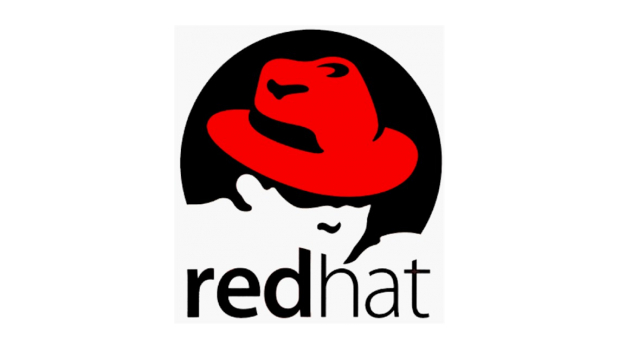Red Hat Enterprise Linux 7.2 was all about transforming the enterprise OS into a lean, mean, cutting-edge, container-running machine.
Now, a year later, containers are such a stock element of the enterprise IT landscape that even stodgy old Microsoft has rebuilt Windows Server from the inside out to run Docker. What new worlds remain to be conquered for RHEL 7.3, now that containers are out of the way? The short answer: No one big item, lots of little ones.
Containers, for instance: before we saw the rollout of RHEL Linux Atomic Host, an entire edition of RHEL rebuilt around containers as an operational metaphor. Now, Atomic Host has only received incremental changes around layering RPMs (Red Hat’s package format) into the system, which Red Hat claims “[provides] additional flexibility often required by diverse environments.”
The core version of RHEL rolls in a few new container-related management tools, like the Cockpit and Atomic CLI admin interfaces, and it updates Docker Engine to the latest version. But any further major reworking of containers isn’t set to drop with this version.
Red Hat also is attempting to take new steps in the internet of things (IoT). RHEL 7.3 features Bluetooth LE support for communicating with IoT devices and supports the CANbus network protocol used by many such devices to talk to each other. These aren’t bad additions by themselves, but they’re baby steps toward helping with IoT’s big, unsolved problems like security issues or management.
Security in general has been bolstered in RHEL 7.3, which features an expansion of the SCAP automated security-compliance verification protocol, introduced when RHEL 7 first dropped. SCAP now checks workloads both inside and outside of containers, another sign that the overall move to containers has demanded changes to the ecosystems around them, many of them not obvious at first glance.
If the feature set rolled into Red Hat’s Fedora distribution is an indicator of what is coming, one possible future add-on is OpenShift Origin. It’s a Kubernetes distribution with tools for both dev and ops teams, and the basis for the full-blown version of Red Hat’s OpenShift project. In the same manner Docker Swarm provides orchestration out of the box, it is possible that adding Origin to RHEL will provide a “just enough” version of OpenShift that could benefit RHEL’s main audience of enterprise IT.
IDG News Service







Subscribers 0
Fans 0
Followers 0
Followers